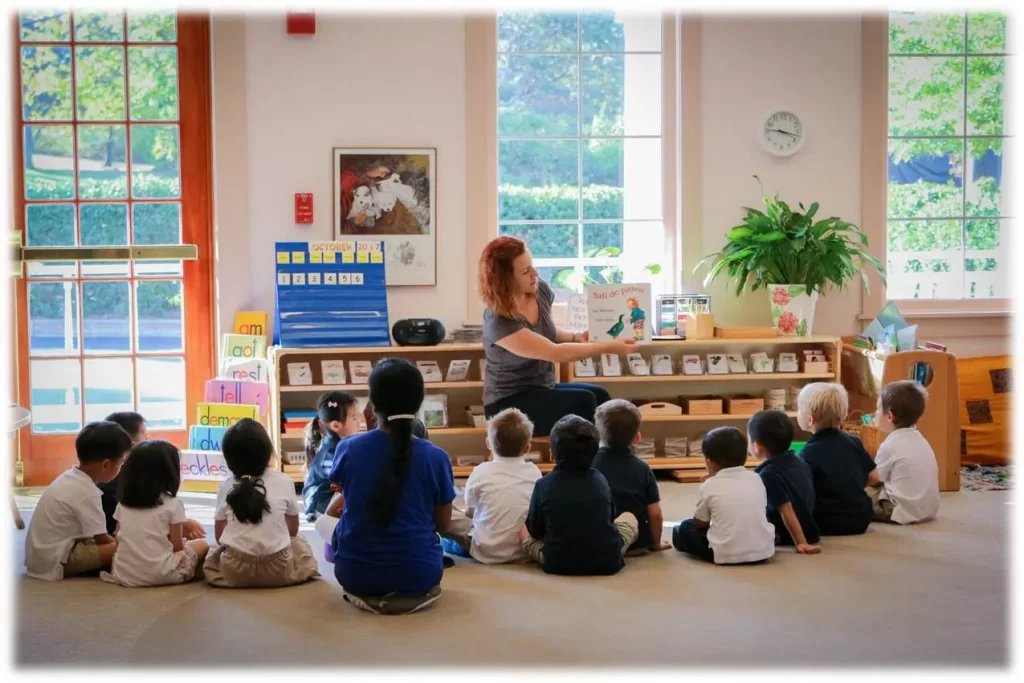
Montessori Method to Understand the children under Three
July 18, 2024
Understanding young children under three through the Montessori approach involves recognizing their unique developmental needs and providing an environment that supports their natural growth and exploration. Here are some key principles and perspectives from the Montessori method:
1. Respect for the Child: Montessori emphasizes treating even the youngest children with respect, acknowledging their individuality, and valuing their capabilities.
2. Sensitive Periods: Montessori identified sensitive periods in a child’s development when they are particularly receptive to certain stimuli or experiences. Understanding these periods helps caregivers provide appropriate materials and activities.
3. The Prepared Environment: This is a central concept in Montessori philosophy. The environment should be carefully designed to promote independence, exploration, and learning. For infants and toddlers, this means safe, accessible spaces with developmentally appropriate materials.
4. Freedom within Limits: Montessori advocates for giving children freedom to explore within a structured environment. For infants and toddlers, this might mean choices in activities and materials within a safe and supervised space.
5. Role of the Adult: Adults in the Montessori environment act as guides or facilitators rather than instructors. They observe children closely to understand their interests and developmental stages, then offer appropriate guidance and support.
6. Development of Motor Skills: Montessori materials for infants and toddlers are designed to encourage the development of fine and gross motor skills through activities such as grasping, manipulating objects, and movement.
7. Language Development: Language acquisition is supported through rich verbal interaction, exposure to vocabulary in context, and activities that encourage communication.
8. Social and Emotional Development: Montessori environments encourage independence and self-regulation, which supports the child’s social and emotional development. Caregivers provide a nurturing and responsive atmosphere where children feel secure to explore and interact with others.
9. Respect for Routines and Order: Consistency and predictability in daily routines help children feel secure and confident. Montessori environments emphasize order and structure, which are comforting and supportive for young children.
10. Holistic Approach: Montessori education considers the whole child—physical, emotional, social, and cognitive development are interconnected and equally important.
Conclusion
In summary, understanding young children under three through the Montessori approach involves creating a prepared environment that fosters independence, respects the child’s individuality, and supports their natural development across all domains. This approach values hands-on learning, freedom within limits, and the role of the adult as a facilitator and observer of the child’s growth and exploration.


